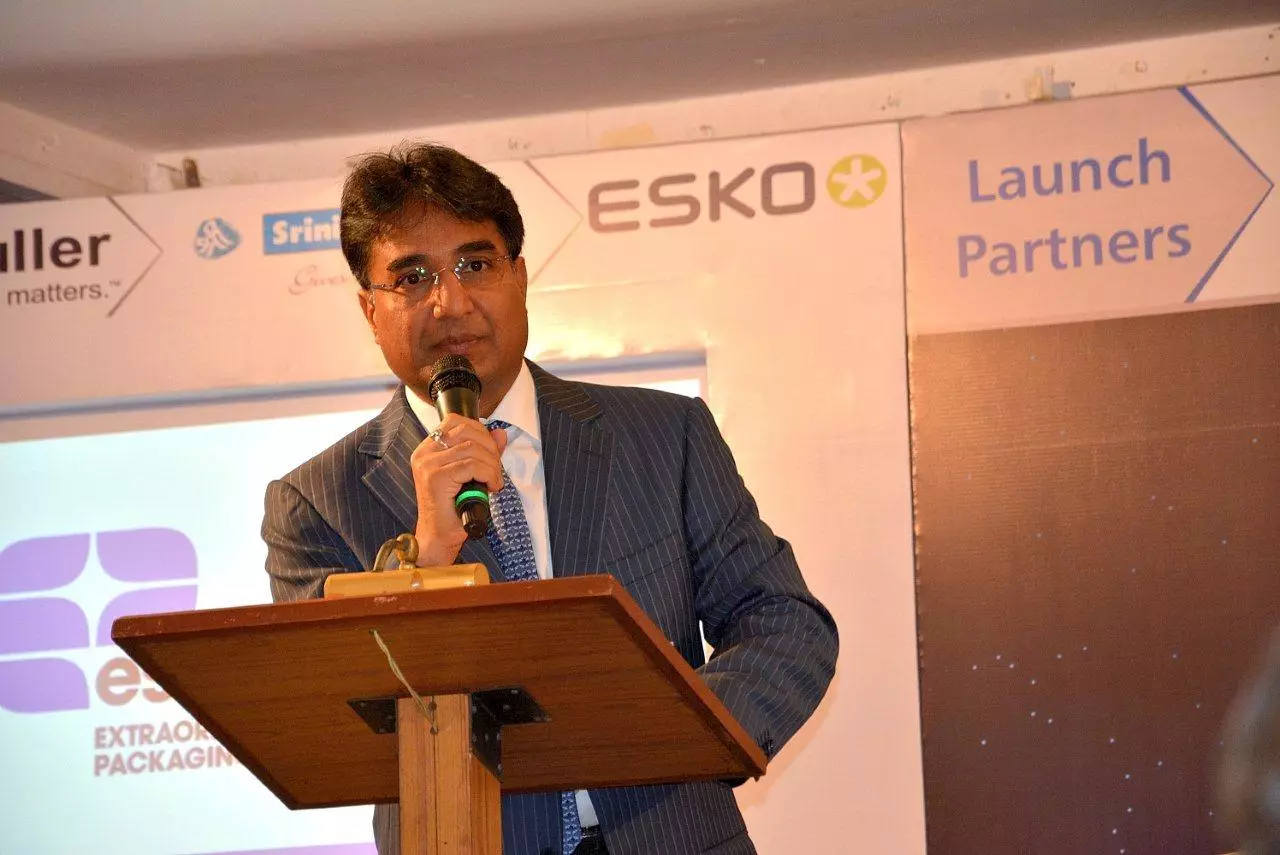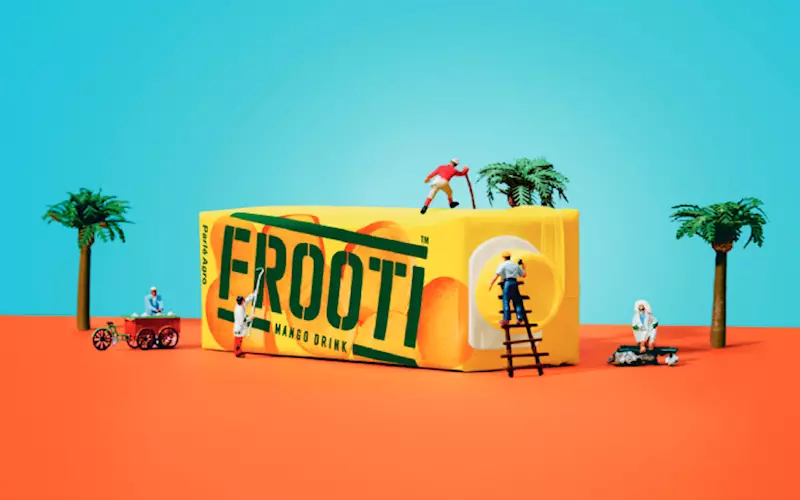Industry Gyaan from the Prince and Princess of Packaging
WhatPackaging's backroom duo - the Prince and Princess of Packaging - bring you the latest and the best inside info on the packaging front
25 Apr 2019 | By WhatPackaging? Team
Rs 3,211 cr for Essel Propack buy
The top news has to be Blackstone will buy 51 per cent in Essel Propack from promoter Ashok Goel. Blackstone to buy a controlling stake in the specialty packaging company for Rs 3,211 crore.
Ashok Goel, who is chairman and managing director (CMD), holds 57 per cent in the company. Goel will retain a 6 per cent stake after the transaction. He will get an additional Rs 80 crore over five years as a transition service fee. Goel who spoke to the media said he would partner Blackstone to grow the business.
But what the Prince and Princess of Packaging have found most interesting is: Ashok Goel, the sibling of media baron Subhash Chandra, said the transaction had nothing to do with Essel group, whose debt woes prompted a sale of its assets, including a partial sale of a stake in Zee Entertainment Enterprises. He acknowledged, that we are family but there are no cross-holdings.

Ashok Goel, chairman and managing director, Essel Propack
Frooti stresses on design
Nadia Chauhan, the CMO and JMD of Parle Agro discussed with WhatPackaging's sister title, Campaign India how Frooti is looking to design to achieve its target of being the number one mango drink in India.
Frooti holds the number two spot across India in the mango drink category, behind Coca-Cola Company’s Maaza. The brand has a marketshare of 27 per cent nationally and is number one in Delhi, UP, Haryana and Kerala.
Chauhan stated, "The company’s media spends during the year were at Rs 200 crore (for both Appy Fizz and Frooti) and digital spends grew 100 per cent. What's interesting is that while digital spends grew, the lead medium for the brand continues to be OOH as we look to build both Frooti and Appy through the power of design."
According to the Prince and Princess of Packaging, the juice market is estimated at USD 3.6 bn in India. Curiously enough, 72 per cent is consumed at corner stalls and tiny kiosks and eateries. Mango remains the most popular flavour in India, followed by orange, watermelon, grape and pineapple. The market is dominated by Coca-Cola, Parle Agro, PepsiCo and Dabur. These companies account for three-quarters of retail value sales of juice in 2018 and their mango-based drinks are the key growth drivers.
Euromonitor says the juice category in India is forecast to grow at 16.5 per cent per annum, in value terms, from 2019-2023. The 100 per cent juice category (also a subset of the larger juice market) will grow by 9.4 per cent a year and juice drinks are expected to grow at 14.8 per cent per annum.
More power to packaging of juices says the Prince and Princess of Packaging!
FSSAI ban
When the Food Safety and Standards of Authority of India (FSSAI) talks the talk, even the Prince of Packaging has to pay heed. The FSSAI has recommended that the ongoing ban on import of Chinese milk and milk products including confectionery, should be extended till labs at Indian ports are equipped for melamine testing.
According to an official note shared with the Prince and Princess of Packaging, "The Indian government had first imposed a ban on import of Chinese milk and milk products in 2008 when milk and infant formula products along with other food materials were found contaminated with melamine in China."
The ban has since been extended from time to time. The Directorate General of Foreign Trade (DGFT) had last notified an extension on 24 December 2018 till 23 April 2019.
This means a ban on import of milk and milk products, including chocolates and chocolate products and candies/ confectionary/ food preparations from milk and milk solids as ingredients from China may be extended until the capacity of all laboratories at ports of entry have been suitably upgraded for testing melamine.
Haldiram's has a tie-up to push packaged goods
Venture Catalysts, the seed and angel investor has announced a partnership with sweets and snacks manufacturer and Consumer Packaged Goods (CPG) brand Haldiram's. In the past, Venture had invested in roasted snacks brand Keeros, Chai Break and restaurant chain The Bohri Kitchen.
The group is keen to boost its understanding and facilitation of start-ups in the CPG sector. The CPG sector, consisting of goods which are consumed daily by the average consumer. There is growth potential in the Indian market, and Haldiram's tie-up aims to utilise this opportunity.
The FMCG sector, which houses the CPG sector, has an estimated market value at about USD 50 billion and is growing at 7-10 per cent.
Venture Catalysts plans to invest in 10-15 CPG start-ups in the next 12-24 months and build strong start-up stories such as men’s grooming brand Beardo, female hygiene start-up PeeSafe and India’s first herbal energy shot drink Fyre.

How to resolve Rs 21,000-30,000 cr of counterfeiting
The Prince and Princess of Packaging have learnt that Hindustan Unilever (HUL) has filed more than 90 cases thusfar in matters related to violation of intellectual property rights (IPR) and trademarks. The main aim according to the Prince and Princess of Packaging is to crack down on counterfeit products that use similar logos or packaging as HUL brands and sold at throw-away prices.
Most of the cases have been filed in the Bombay High Court. The cases include: Mahadev Soap Factory (Bardoli) - the allegation is a trademark violation with the washing powder brand Go-Win whose packaging is identical to HUL's washing powder brand Wheel. Then there is, Glint Cosmetics (Navi Mumbai) - the allegation is the brands Fasaline and Fair & Life are similar to HUL’s brands Vaseline and Fair & Lovely
Prince and Princess of Packaging estimate that the Rs 3 lakh crore FMCG market has 7-10 domination of a counterfeit market. This calculates as Rs 21,000-30,000 Cr.
Other companies and brands like L’Oréal, Tommy Hilfiger, Lacoste, Calvin Klein, Levi's and Superdry have set up a dedicated team of brand protection specialists spread across the country.
As online retail (currently USD18 billion) grows in size, we will see more and more instances of counterfeit in the neighbourhood stores, supermarkets, hypermarkets, and wholesale, specialty and bazaars across 10,000 towns in India.
The Prince and Princess of Packaging are worried!











 See All
See All